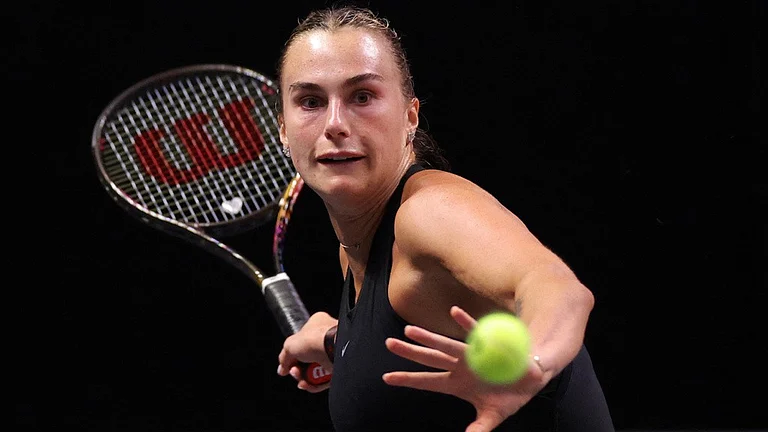Australia-based renowned Pathologist Richard Scolyer is cancer-free now after undergoing an experimental therapy based on his own research on melanoma, a kind of skin cancer that starts in the melanocytes, that are cells that make the pigment that gives skin its color.
The Australian doctor a year ago had undergone a first-of-its-kind treatment for glioblastoma, a type of cancer that starts as a growth of cells in the brain or spinal cord.
While 57-year-old Scolyer's subtype of glioblastoma an aggressive one in which most patients survive less than a year, on Tuesday he announced his latest MRI scan had again showed no recurrence of the tumour.
"To be honest, I was more nervous than I have been for any previous scan," BBC quoted him as saying. "I'm just thrilled and delighted... couldn't be happier," he added.
Scolyer also posted an update on microblogging platform X, saying, "I had brain #MRI scan last Thursday looking for recurrent #glioblastoma (&/or treatment complications). I found out yesterday that there is still no sign of recurrence. I couldn’t be happier!!!!! Thank you to the fabulous team looking after me so well especially my wife Katie & wonderful family!
The Experimental Treatment
Prof Scolyer, considered one of Australia's most respected medical minds, and was named Australian of the Year this year alongside his colleague and friend Georgina Long, for their life-changing work on melanoma.
Scolyer and Long , who are co-directors of the Melanoma Institute Australia, have been doing research work over the past decade on immunotherapy, which uses the body's immune system to attack cancer cells. Their research has significantly improved outcomes for advanced melanoma patients globally, half of whom are now essentially cured, up from less than 10 per cent, according to the BBC report.
It's the above-mentioned research that Prof Long, alongside a team of doctors, has been using to treat Prof Scolyer - in the hope of finding a cure for his cancer too.
Prof Long and her team discovered that immunotherapy works better in melanoma when a combination of drugs is used, and when they are administered before any surgery to remove a tumour. With this, Prof Scolyer last year became the first brain cancer patient to ever have combination, pre-surgery immunotherapy, the report added.
Scolyer is also the first to be administered a vaccine tailored to his tumour's characteristics, which boosts the cancer-detecting powers of the drugs.
Prof Scolyer even dealt with epoleptic seizures, liver issues and pneuomia during the tough treatment months at the start of the year. He now says he is feeling healthier.
"I'm the best I have felt for yonks," he said, adding that he's back to exercising every day - which for him often means a casual 15km (9.3 mile) jog...It certainly doesn't mean that my brain cancer is cured... but it's just nice to know that it hasn't come back yet, so I've still got some more time to enjoy my life with my wife Katie and my three wonderful kids," the report quoted him as saying.


















.png?w=200&auto=format%2Ccompress&fit=max)







